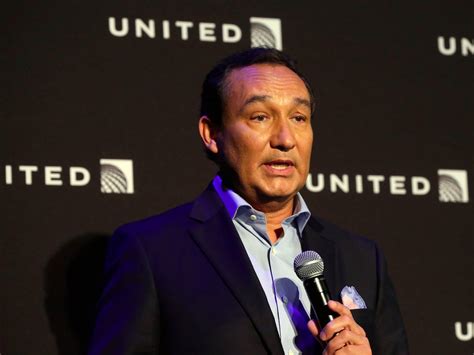A Quote by Rachel Sklar
Groupon's model: Getting the group discount rate first, finding the group second. The daily deal goes out and, if a minimum number of people sign up, they can all share in the group rate. Vendor gets customers, customers get a discount, Groupon gets a cut.
Related Quotes
Groupon, as you probably are by now aware, is exactly what it sounds like: a daily-deal site offering group discounts. Maybe you've seen that done before, but certainly not like Groupon, which has executed with an energetic sales force and engaging copywriters, many culled from the Chicago comedy scene.
People break down into two groups. When they experience something lucky, group number one sees it as more than luck, more than coincidence. They see it as a sign, evidence, that there is someone up there, watching out for them. Group number two sees it as just pure luck. Just a happy turn of chance.
Safety lies in catering to the in-group. We are not all brave. All I would ask of writers who find it hard to question the universal validity of their personal opinions and affiliations is that they consider this: Every group we belong to - by gender, sex, race, religion, age - is an in-group, surrounded by an immense out-group, living next door and all over the world, who will be alive as far into the future as humanity has a future. That out-group is called other people. It is for them that we write.
I listen to some of you guys out there, hyper-reformed boys, you're concerned if you preach the gospel to the wrong person, the wrong person might get saved. So you don't want to preach it too good, 'well wait a minute, I don't think you should've been getting saved, I'm not sure you're in the group.' What do you mean in the group! If you breath you're in the group! If you have ears to hear you're in the group! And if you choose not to respond it's your own fault, not God's.


































